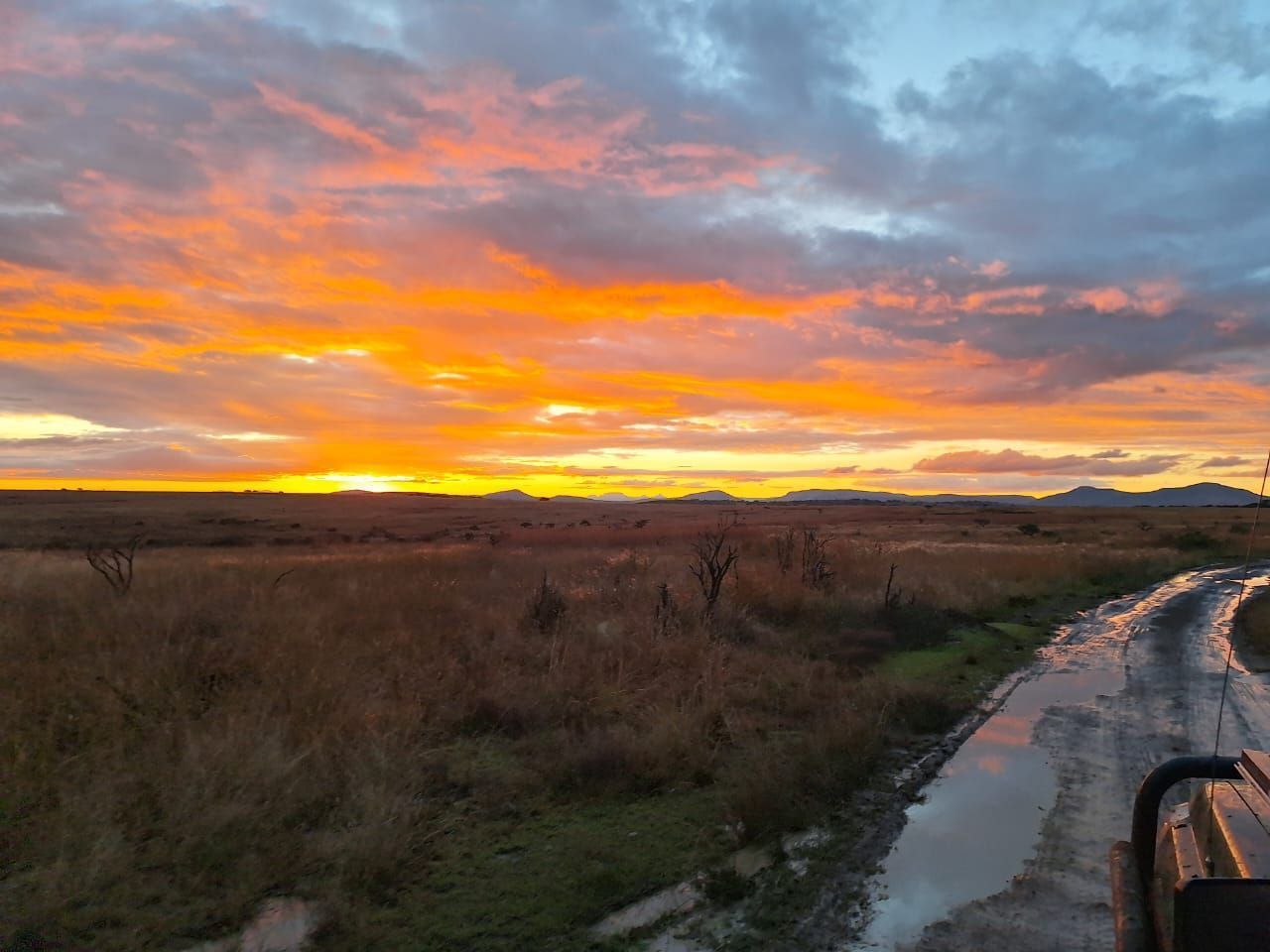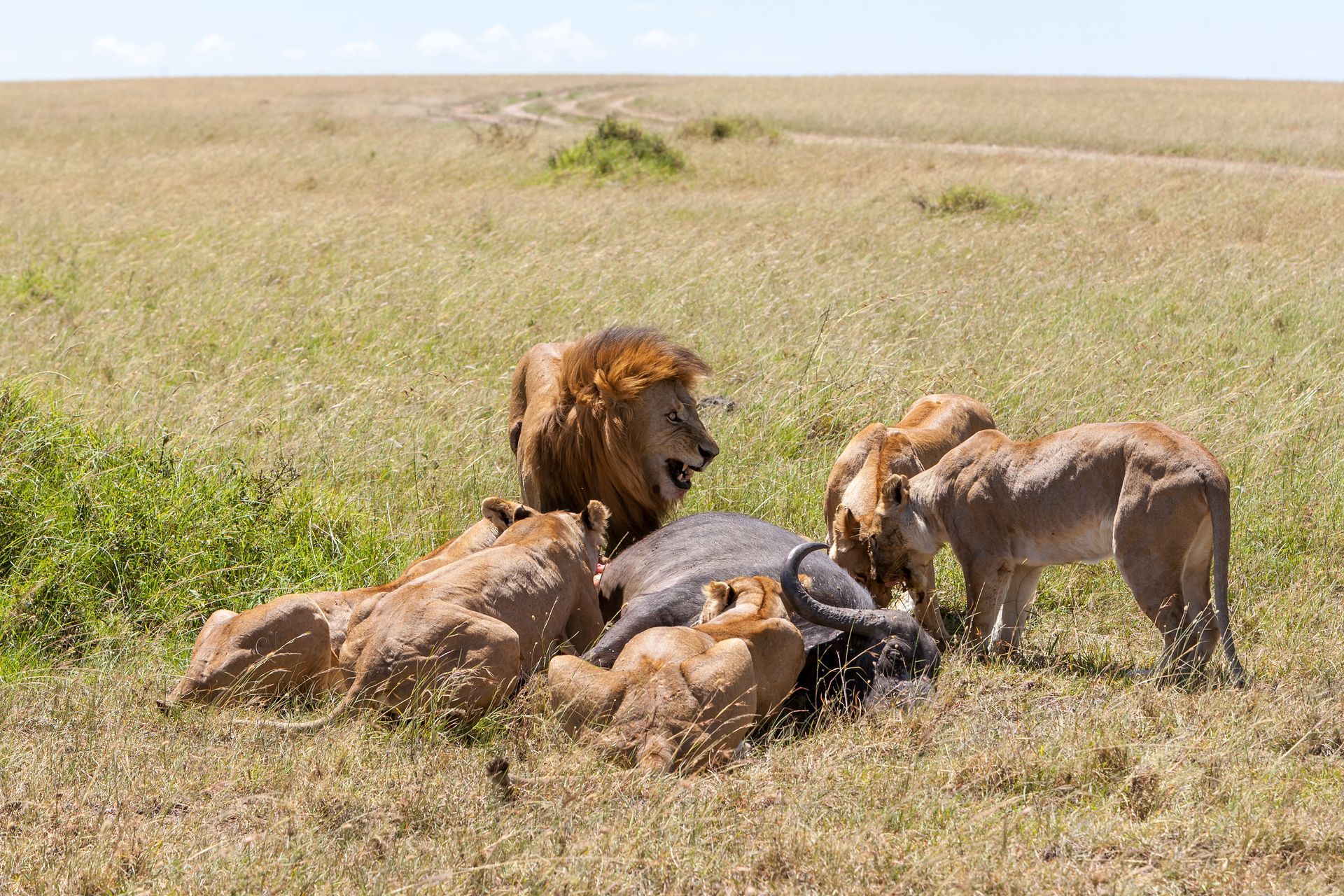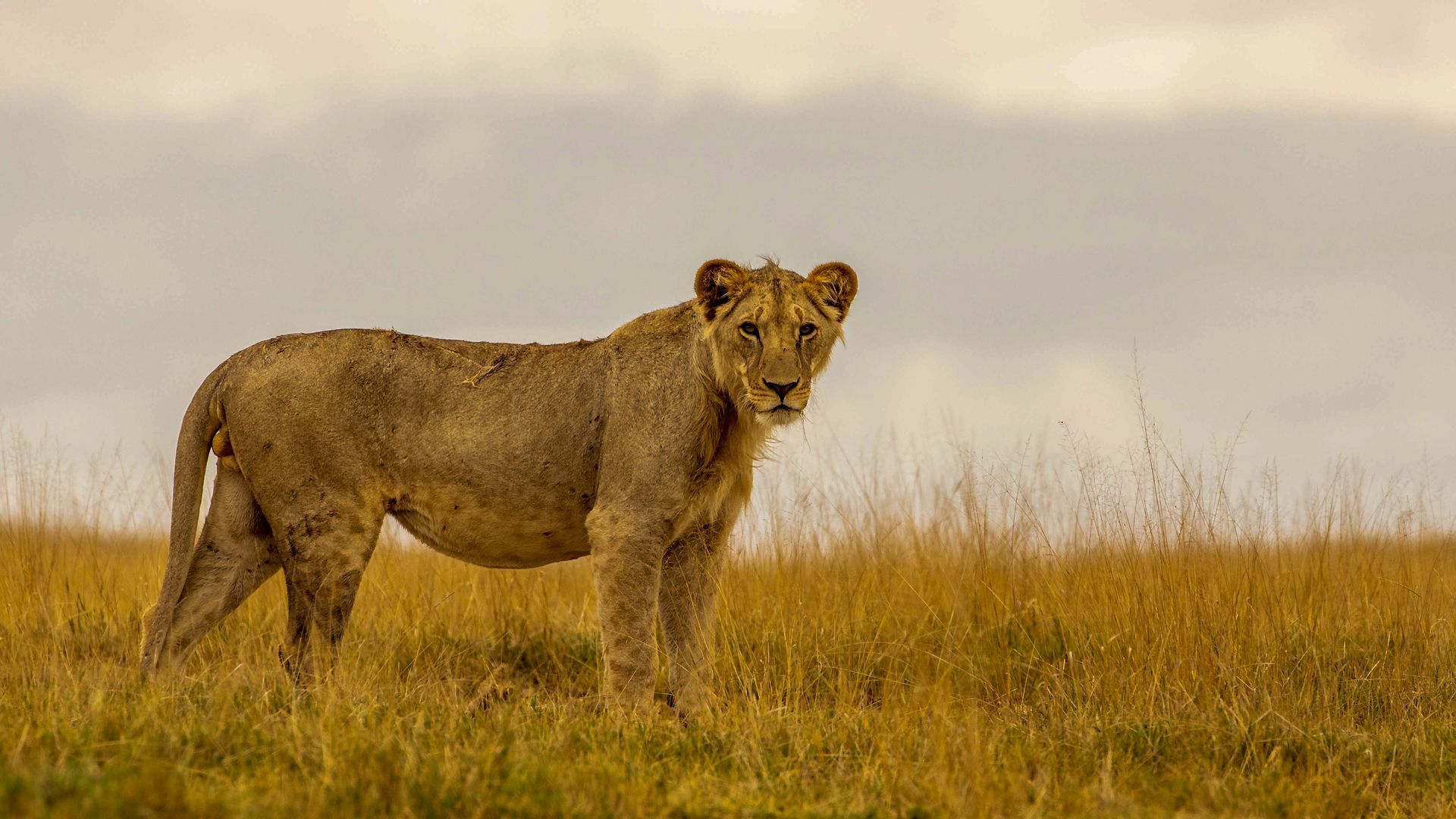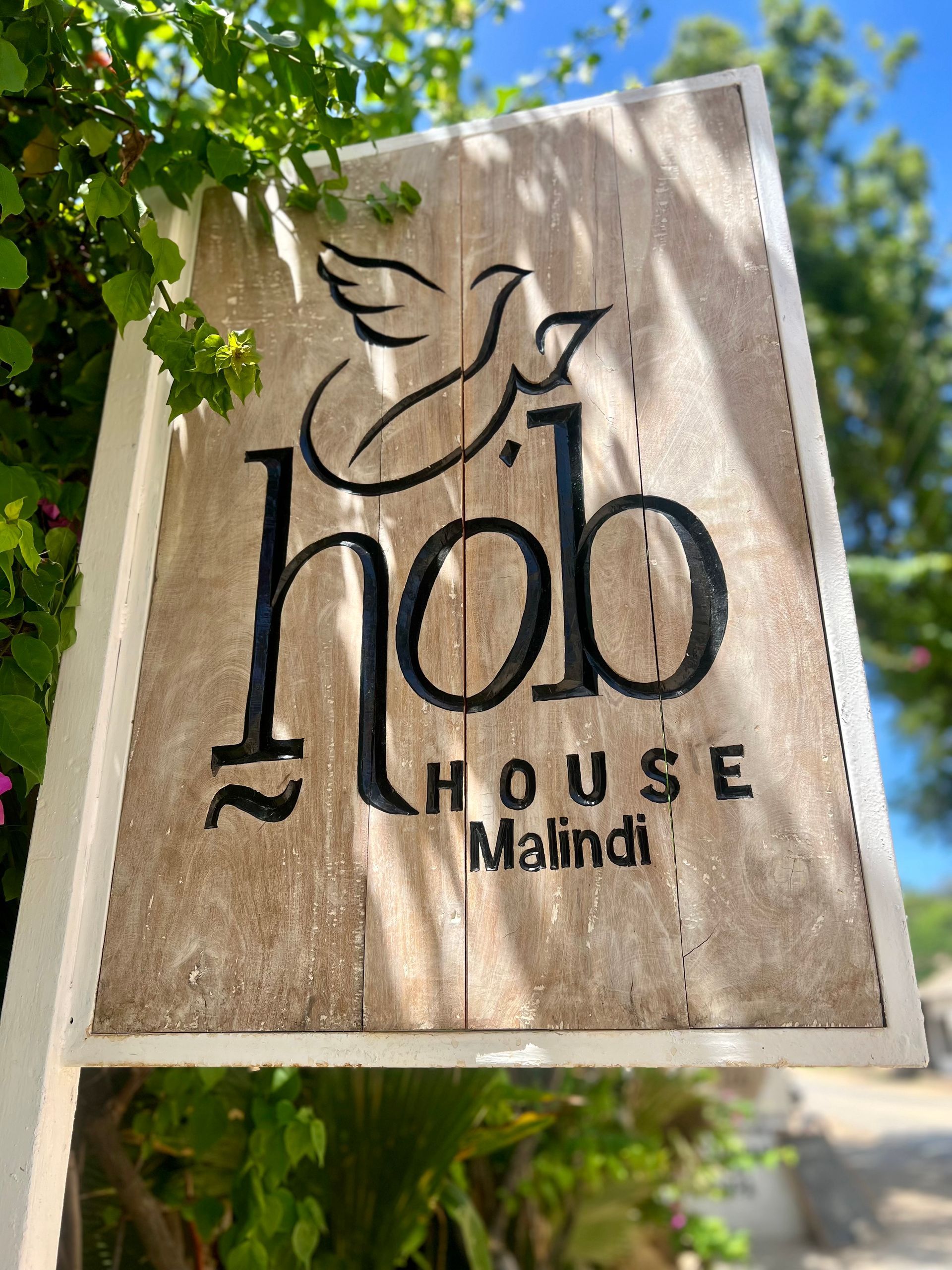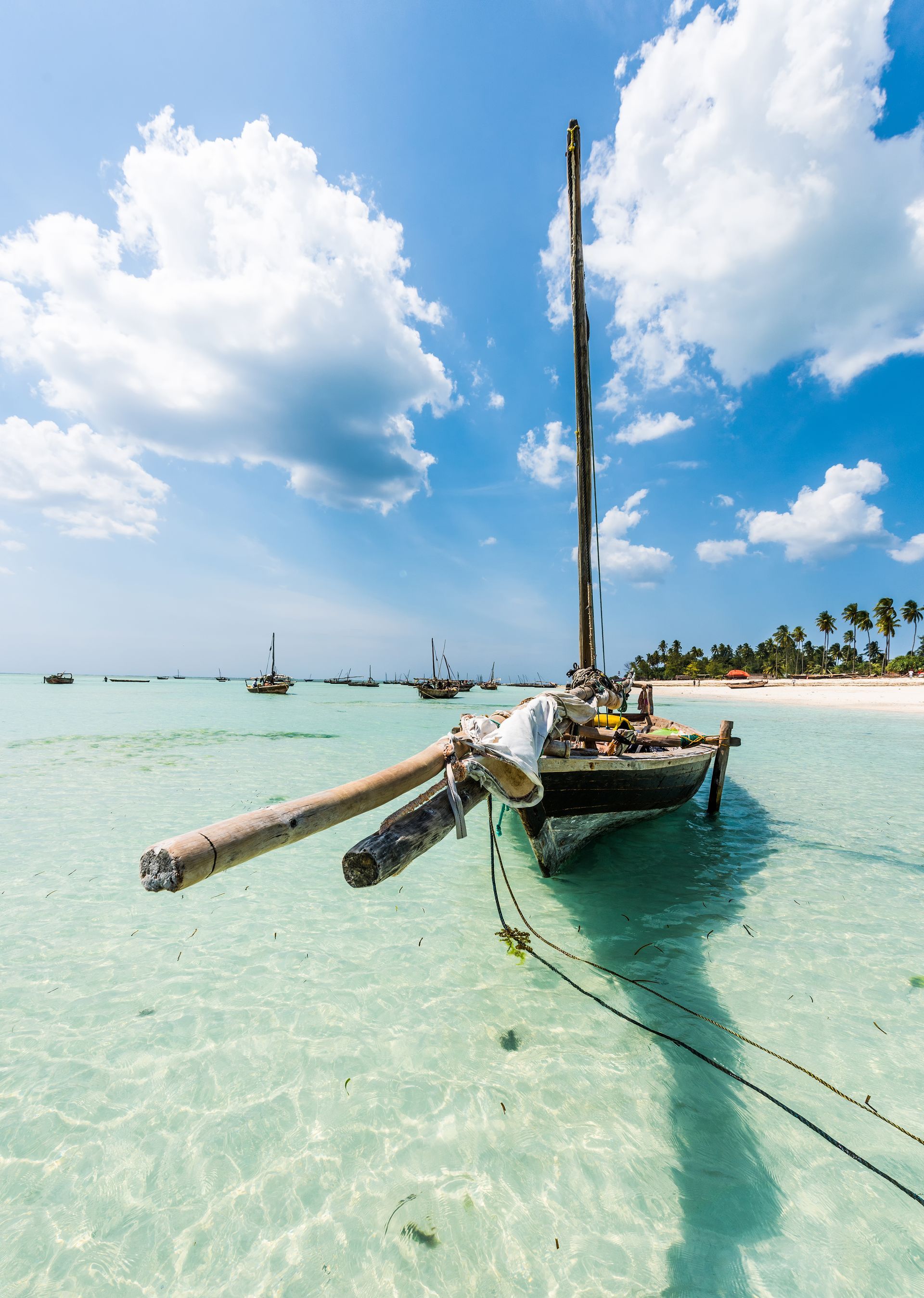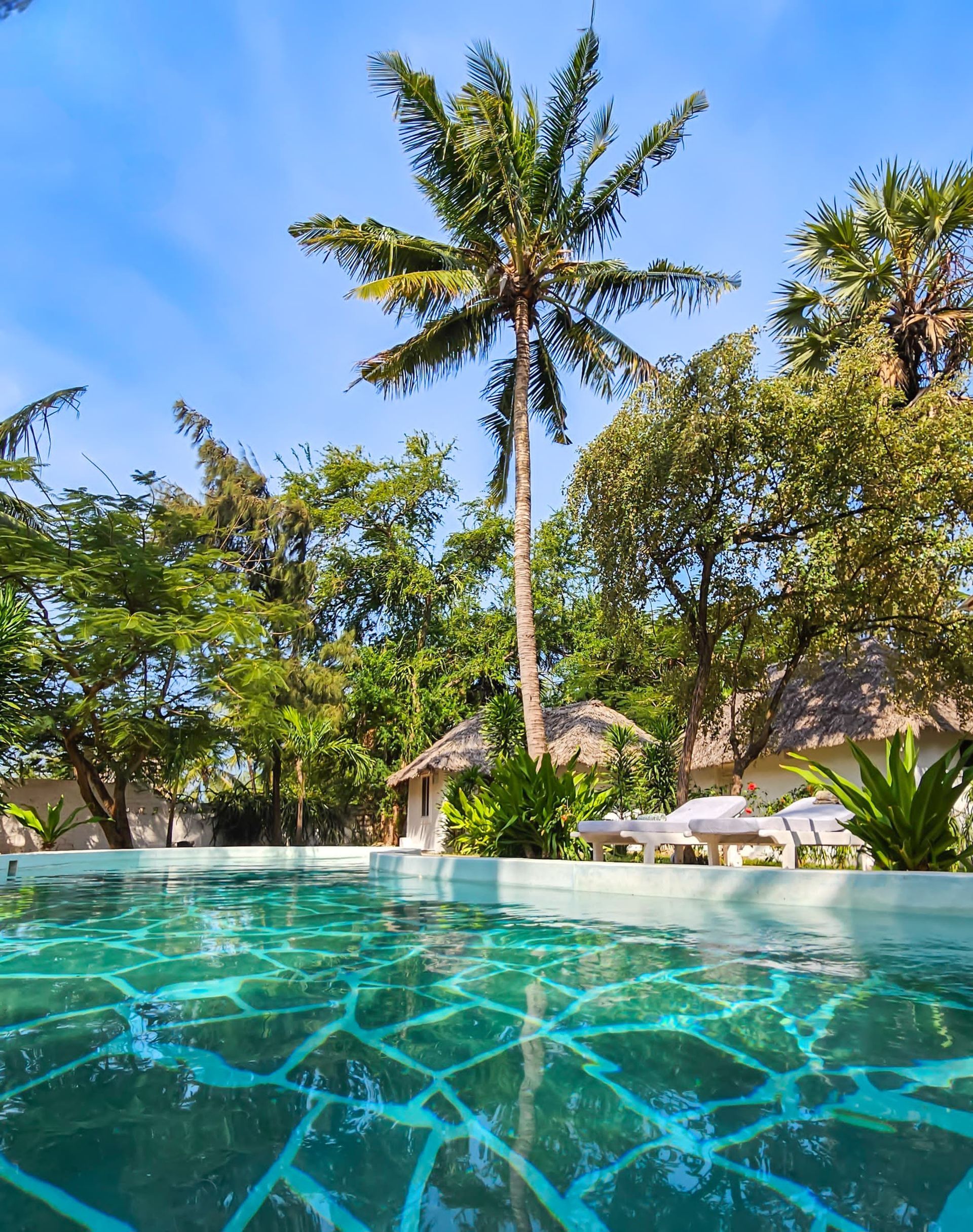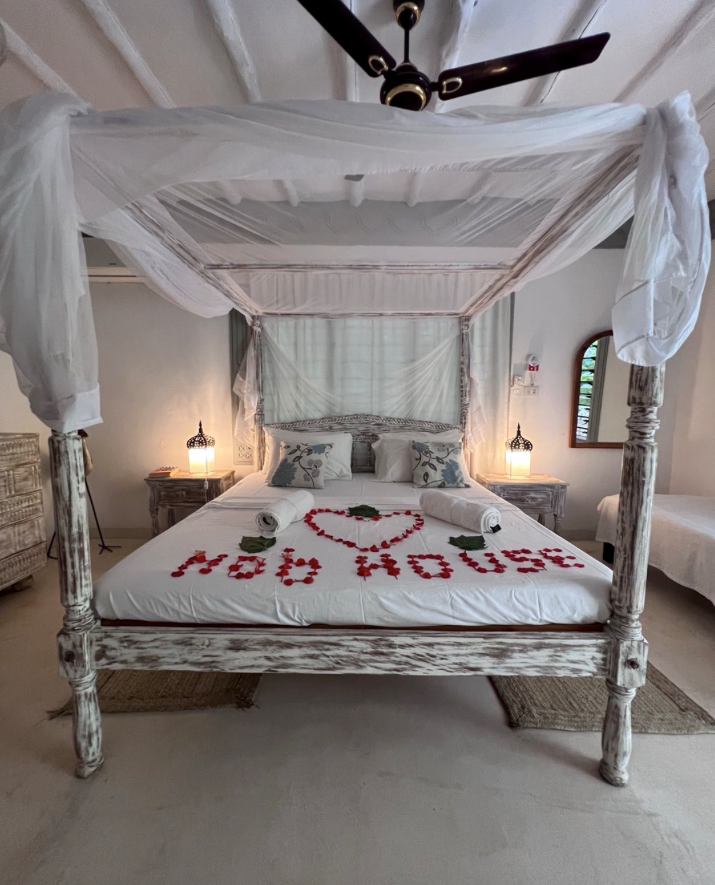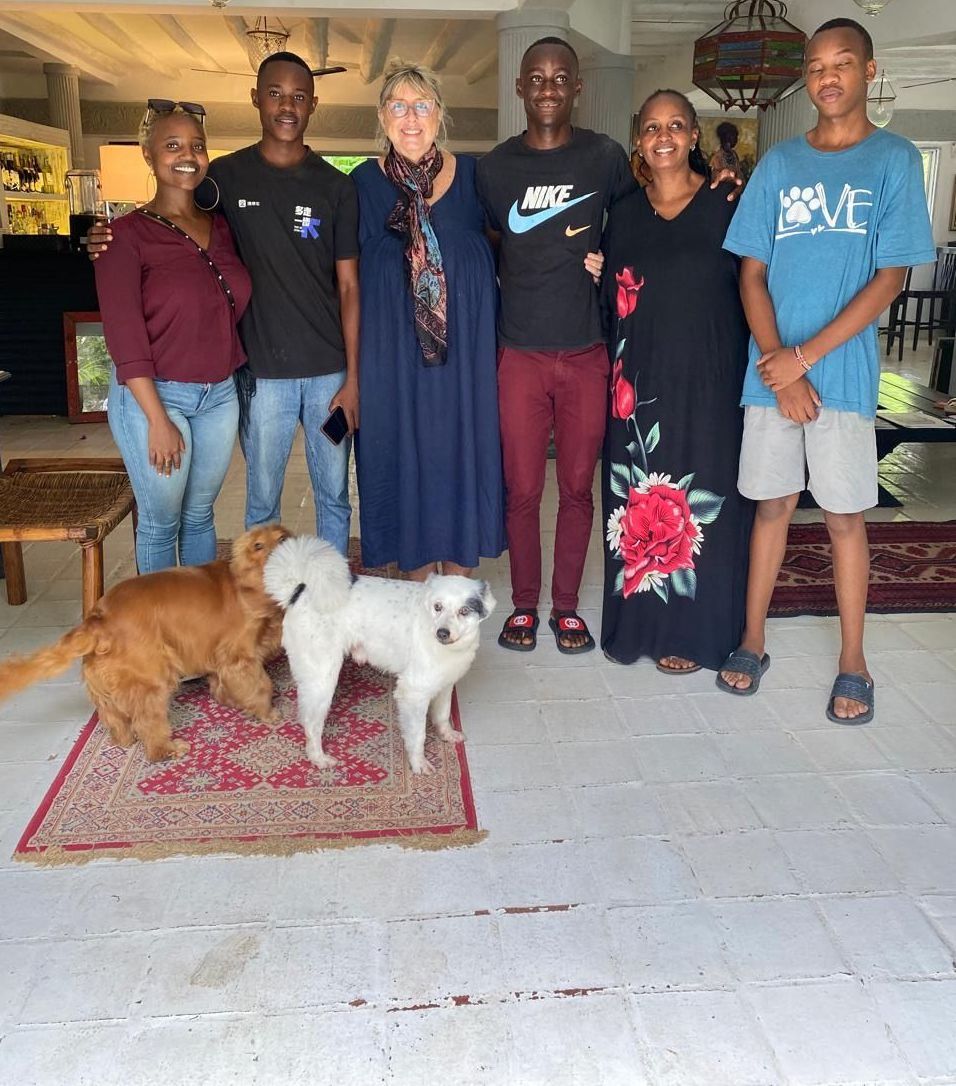Kenya 2025 Hilights
🦁 What is Lion Tracking in the Maasai Mara?
What I've Learned:
Lion tracking in the Maasai Mara offers an immersive and profoundly personal way to experience the wild. Rather than simply observing from a distance, I have had the opportunity to follow the movements and behaviors of lions alongside an expert safari guide who knows the region’s prides intimately. While this wasn’t part of a formal research team, the experience was equally meaningful — especially given my strong connection to Kenya and my appreciation for the Mara’s quieter, rain-washed seasons. These intimate, respectful encounters create a deeper understanding of the landscape and the wildlife that depends on it, making the experience truly unforgettable.
What Makes a Great Lion Tracking Guide?
The Hunt- “A Witness to the Wild"
What I witnessed was one of nature’s most raw and emotionally complex dramas. It wasn’t simply a hunt — it was layered, unpredictable, and a true test of both my observational eye and my empathy.
Moments like that stay with you. They force you into the uncomfortable space between beauty and brutality, instinct and suffering. They make you reckon with the truth of the wild in a way that no photograph or film ever could.
It was my last day in the Maasai Mara — the kind of morning that feels like a quiet farewell, the light soft and the air thick with the scent of incoming rain. I didn’t expect anything extraordinary. I certainly wasn’t prepared for what unfolded.
A coalition of young male lions had found an old buffalo — separated from the larger herds and moving with a few other bulls, all of them the outcasts of the plains. These weren’t the dominant giants of the savannah. They were survivors, bonded by age, experience, and exclusion.
The young lions struck. A blur of muscle, dust, and instinct. The old bull fought with remarkable strength. His companions, scarred and steadfast, didn’t flee. They charged again and again, scattering the lions, trying to save him. It was loyalty at its most primal — but time is unforgiving, and eventually even courage has limits.
Then the hyenas arrived.
An entire clan, hackles raised, their calls piercing the air like a warning from another world. They weren’t just opportunists — they were contenders. The chaos that erupted blurred every line between predator and prey. The scene was relentless, overwhelming, almost surreal.
And then, a shift. The young males backed off and wandered to the shade as if nothing had happened. The buffalo, torn and exhausted, somehow stood again. But the hyenas closed in, relentless, offering no escape.That’s when the lionesses appeared.
The pride moved with purpose — silent, focused. The hyenas scattered instantly. For nearly two hours, the females surrounded the buffalo, watching, waiting, measuring his strength. When he tried to run — perhaps searching for a final chance at survival — they took him down.
The entire event lasted three and a half hours. A slow, painful unraveling. One of the hardest things I’ve ever witnessed in the wild.I never like to see suffering. I understand the rhythm of life out here, the necessity of the hunt — but I still felt for that buffalo. I still do. Yet the pride fed that day. After who knows how long without a successful kill, the mothers and cubs ate. And in that, there was relief. The wheel turned. The wild endured.
That’s what the Mara does — it shows you the truth, unedited. It doesn’t soften the edges or let you look away. And when you leave, you carry it with you — not just the images, but the weight of the experience.
Raw. Complex. Unforgettable.
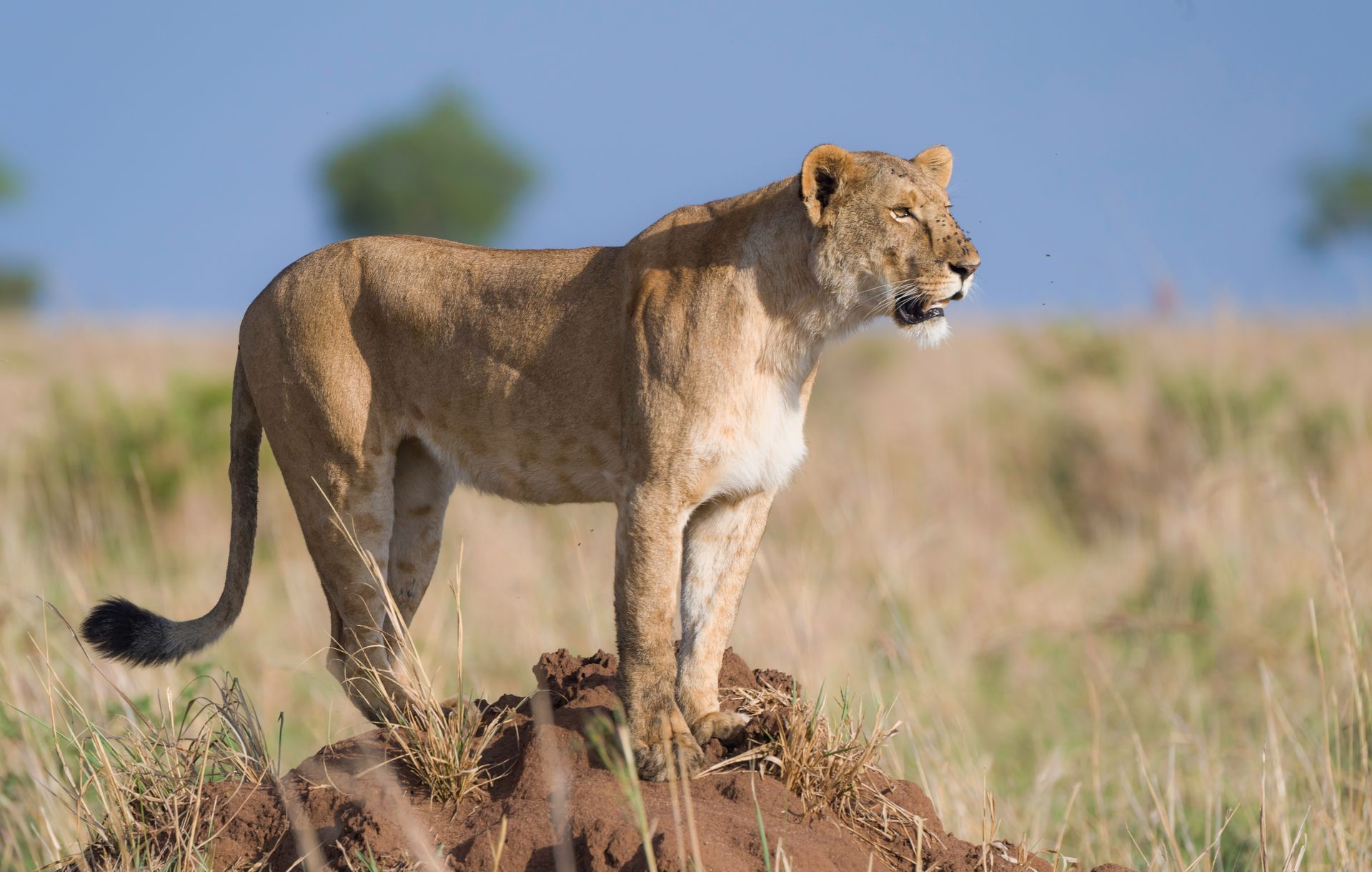
The Hob House Coast – Malindi’s Hidden Treasure
One of the brightest highlights of my time on the Kenyan coast was spending time with my dear friend Kelly Aburi—the founder, chef, host, and visionary behind The Hob House Coast in Malindi, as well as the beloved Hob House Nairobi, both highly regarded and deeply woven into Kenya’s culinary and cultural landscape.
Her coastal sanctuary is a haven of authentic Lebanese flavors, where every dish is infused with heritage, heart, and the delicate precision of an artist. Meals are unhurried, soulful, and meant to be savored—a reflection of Kelly herself. But The Hob House Coast is more than a destination for food lovers—it's an intimate, design-forward bed & breakfast where every room tells a story. Each space is curated with hand-picked textiles, calming palettes, and personal touches that make guests feel both transported and deeply at home.
Just steps away lie wide stretches of powdery white sand and crystalline turquoise water—the kind that quiet the mind and stretch time into something slower, sweeter, more present.
The Malindi coast has long held a special place in my heart, and Kelly’s space captures its essence with quiet elegance. It’s where culture meets comfort, where nourishment is both physical and soulful, and where meaningful connection—through food, conversation, and beauty—is the real luxury.
If you ever find yourself wandering the Swahili coast, The Hob House Coast isn’t just a stop—it’s a memory waiting to be made.
Contact Hob House Coast – Malindi
Instagram: @hobhousecoast
Email: hobhousecoast@gmail.com
Phone (Kenya): +254 700 346 886 Reservations recommended.
Videos

